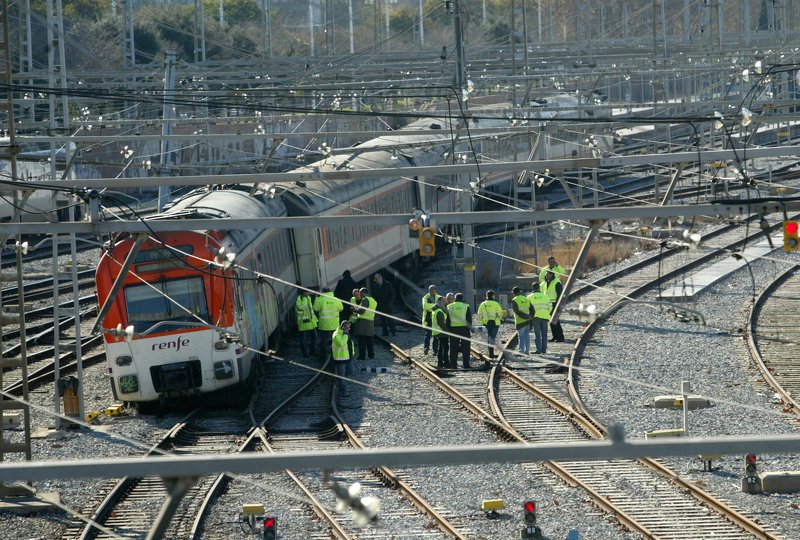THE CULTURAL TIGHTROPE
Point missed
Due to a condition I have had since childhood, I go to the hospital every eight weeks for a specialised treatment. I have therefore built up a relationship with the nurse who administers the treatment, and we exchange anecdotes from our lives. On my visit last month, she explained that she was struggling to achieve a practicable work life balance, given that she was combining her full-time job as a nurse with doing a PhD and raising two young children.
There is a rather offensive and longstanding cliché that Spaniards like the easy life, to use a euphemism, and many is the time I have heard foreigners, particularly those from my country of birth - whether visitors or those who have settled here - repeat that nugget of wisdom. When I do hear it, I am always quick to point out that the person in question is not in Spain, but Catalonia, and that Catalans in fact have quite the opposite reputation, one which they quite rightly pride themselves on. “Oh really?”, people tend to counter, “so how come the economy is in the state it’s in?” Precisely because Catalonia is part of Spain, I reply, and despite the majority here working so hard, due to the centralised state system, much of Catalonia’s wealth from all that hard work and enterprise goes to prop up other parts of Spain. “Don’t you think that’s the only fair way to do things? Redistribute the wealth?” people throw back at me, before inevitably mentioning the example of London and how it distributes wealth to the rest of the UK.
But they miss the point. London is a capital city (and a global financial centre), whereas Catalonia could - and should in many people’s eyes - be a country in its own right. If it were, then the industriousness of the local population, together with their strong entrepreneurial spirit and creativity, would doubtless make it a prosperous small nation (cue various protests based on economic uncertainty regarding membership of the EU – but why on earth wouldn’t the nation of Catalonia form part of the EU, other than for Spain’s objections?). Catalonia’s economy is in fact around the same size as Portugal’s.
You see, the nurse I referred to at the beginning of this column is no isolated case. In my 26 years here (and counting), she would be the rule rather than the exception. I come across so many Catalans struggling to achieve a good work life balance due to combining responsibilities associated with work, study and parenting, before then seeing their hard-earned tax euros head off to Madrid to be distributed around the peninsular (or ending up directly in politicians’ pockets, another all-too-common occurrence). Since I’ve lived here, the percentage of tax money spent by the central government on infrastructures in Catalonia has been woefully below the amount due. Although this is true of most Spanish regions, Catalonia is always one of the hardest hit in this respect, another aspect that foreigners are completely ignorant of, even those who live here.
So it’s time someone told them: we in Catalonia work and study hard, as we simultaneously strive to raise our children well and better ourselves educationally, so it’s exasperating to see lengthy waiting times for healthcare and poor infrastructure here while costly high-speed rail projects are being implemented around Spain that often connect Madrid with small towns that have little need of them, to give but one example.


